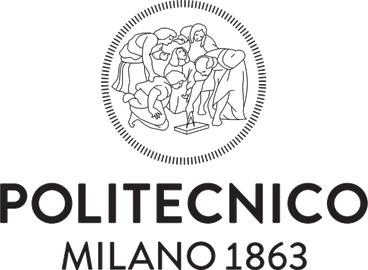Politecnico di Milano: Politecnico Di Milano In The “Technoligies For Transitions” Project
The experimental higher education project “Technologies for Transitions” at the Politecnico di Bari, Milano and Torino, the University of Bologna, the University of Naples Federico II, Padua, Palermo and Rome La Sapienza has been launched.
Globalisation, sustainable development objectives and the digital transition are opening up new horizons and posing new challenges that are profoundly affecting the technical and scientific professions.
The first pilot experiences of the project are the training of engineering professionals qualified to deal with the multidimensional problems posed by the ecological transition (Green Technologies) and the digital transition of infrastructures (Smart Infrastructures), issues that are of great strategic importance in the framework of the Next Generation EU, also in the context of the PNRR measures for cross-sectoral skills.
There is, in fact, a need for technical-scientific training in a more interdisciplinary sense, capable of integrating technologies within a complex system characterised by several interconnected layers: physical, cyber, environmental, economic and social. There is also a need to involve professionals already active in the job market in this process of professional development, with a view to lifelong learning.
Rector Ferruccio Resta said:
Developing multidisciplinary skills means preparing the new generations for the challenges of the future, characterised by increasing levels of complexity. This is the direction taken by the initiatives of the Politecnico di Milano and the university system aimed at a “horizontal” education, far removed from the traditional multidisciplinary and exclusively technical-engineering approach.
Within the inter-university framework project “Technologies for Transitions”, the Politecnico di Milano will implement new higher education programmes in the academic year 2021-2022, the “PoliMI Ambassadors in GREEN TECHNOLOGIES” and “PoliMI Ambassadors in SMART INFRASTRUCTURES” for some degree courses and for LongLife Learning programmes. Pathways to train engineering professionals with interdisciplinary tools and techniques, enabling digital skills and the ability to work with a systemic vision in multi-sectoral contexts.
A vision aimed at the major issues of sustainability and an evolution of skills that must also be nurtured within career paths. It is no coincidence that the major issues of energy, digital and green infrastructure are at the heart of the PNRR and the interests of the European Community. Topical issues that we must invest in as a university system, as a productive network and, ultimately, as a country.
Rector Resta added.

